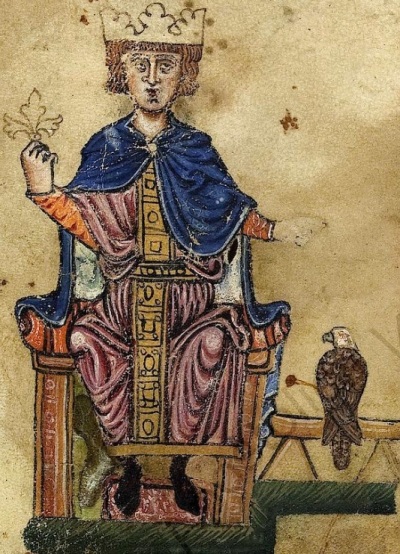This week in Christian history: First Crusade takes Jerusalem, anti-poverty activist born
The Golden Bull of Eger – July 12, 1213

This week marks the anniversary of when Frederick II of the Holy Roman Empire issued the Golden Bull of Eger, an edict in which he pledged obedience to the pope.
Named after the city in Germany where it was issued, Frederick II supported the bull as a way of securing his claim to the title of Holy Roman Emperor, usurping the rule of Otto III.
“He agreed not to touch the revenues of vacant sees in Germany or to seize the property of deceased bishops. German bishops got the right to appeal directly to the pope on ecclesiastical issues without imperial interference,” explained the Christian History Institute.
“The church also was allowed to elect its own bishops and abbots without the emperor's participation. Frederick promised to support suppression of heresy and conceded the pope’s authority over the papal states in central Italy, which Otto had threatened.”





















